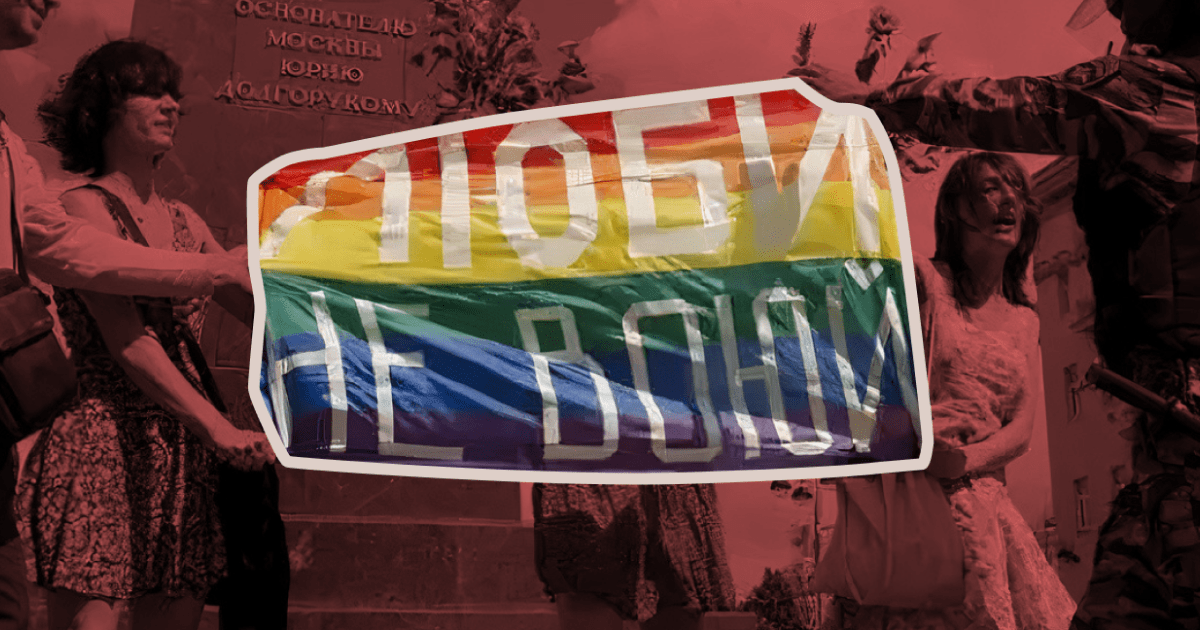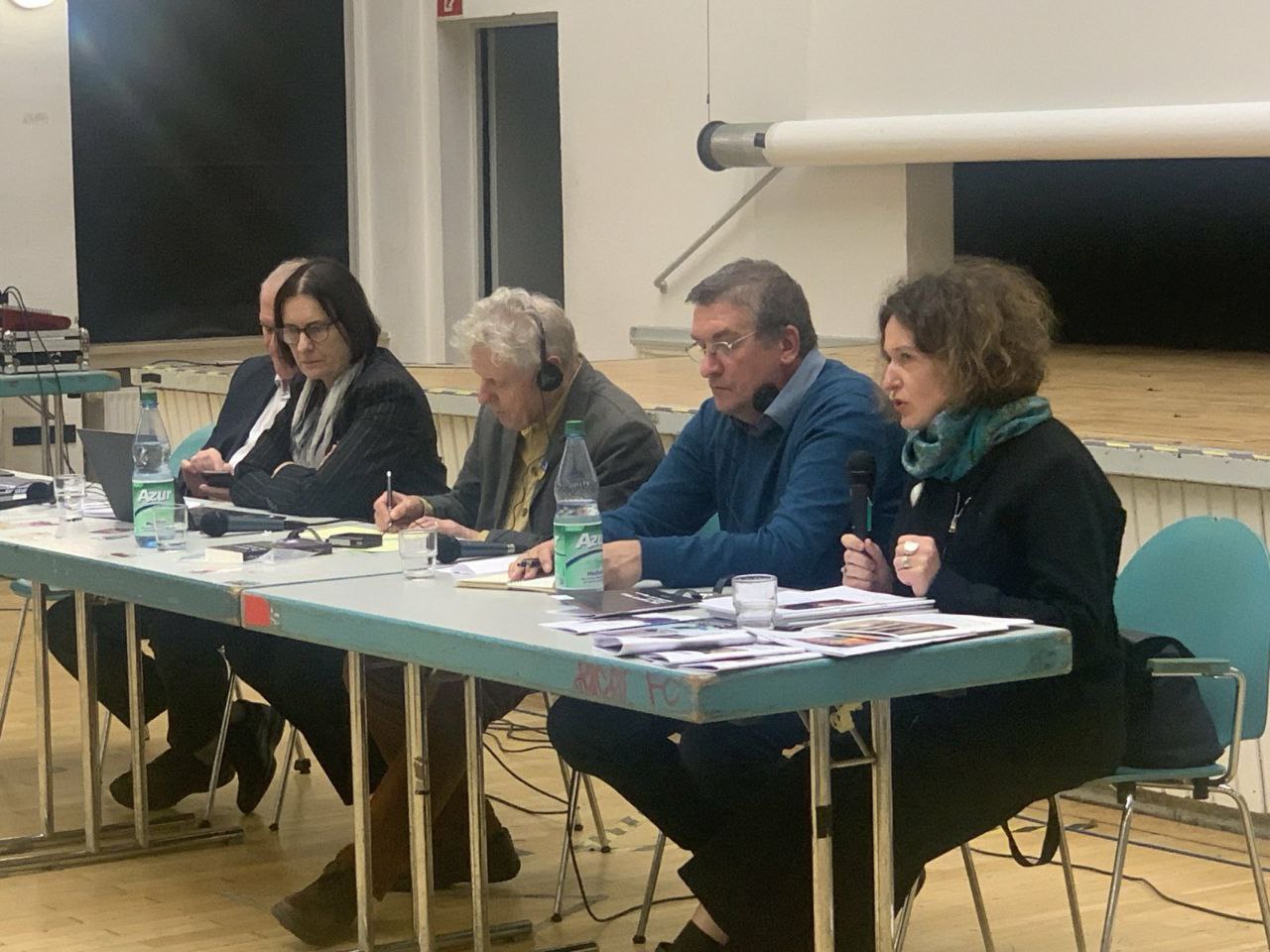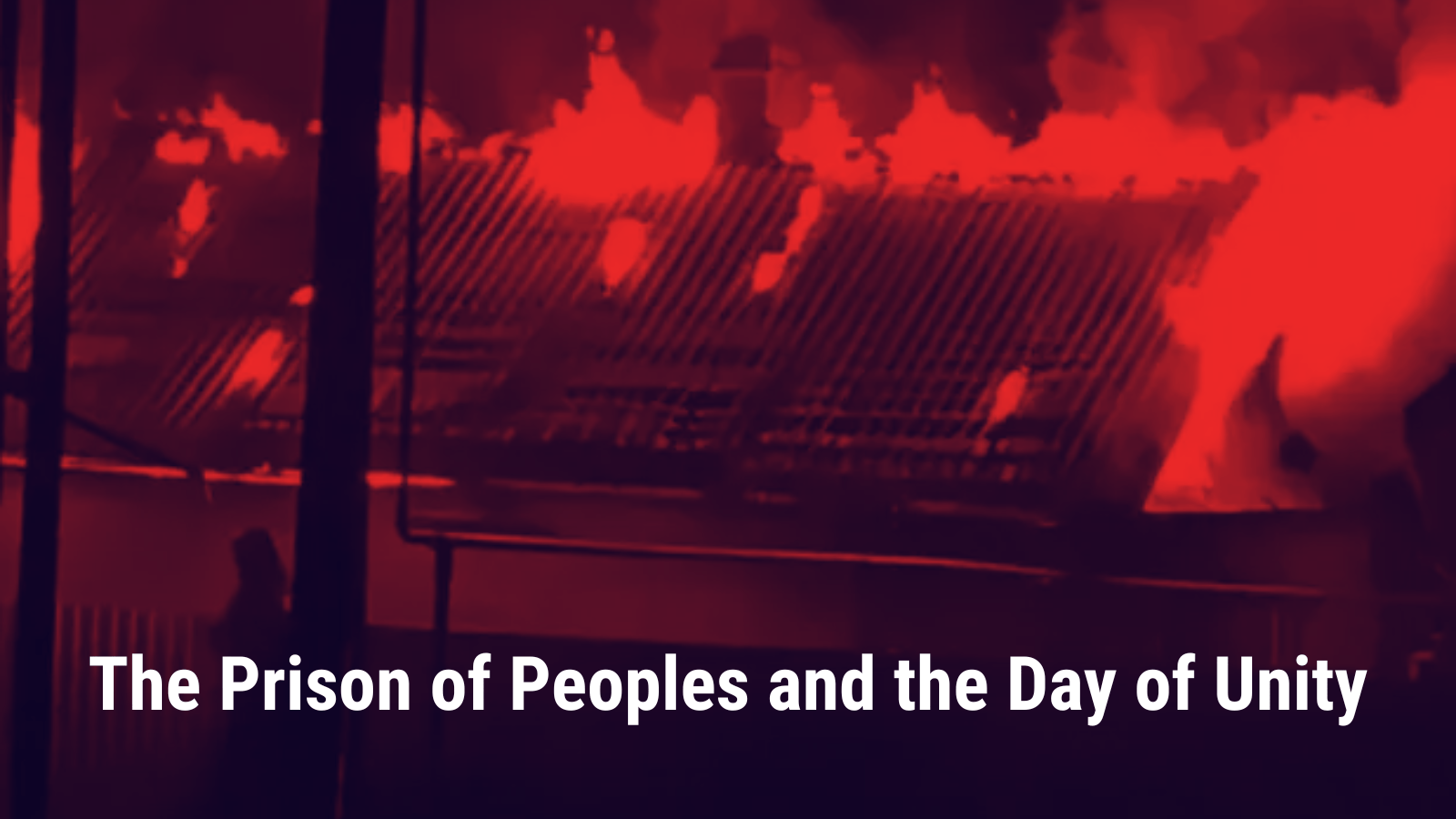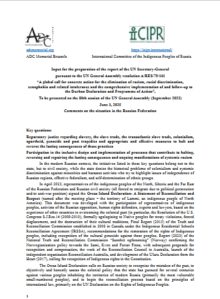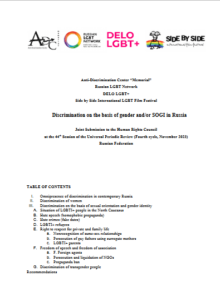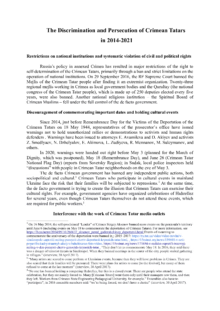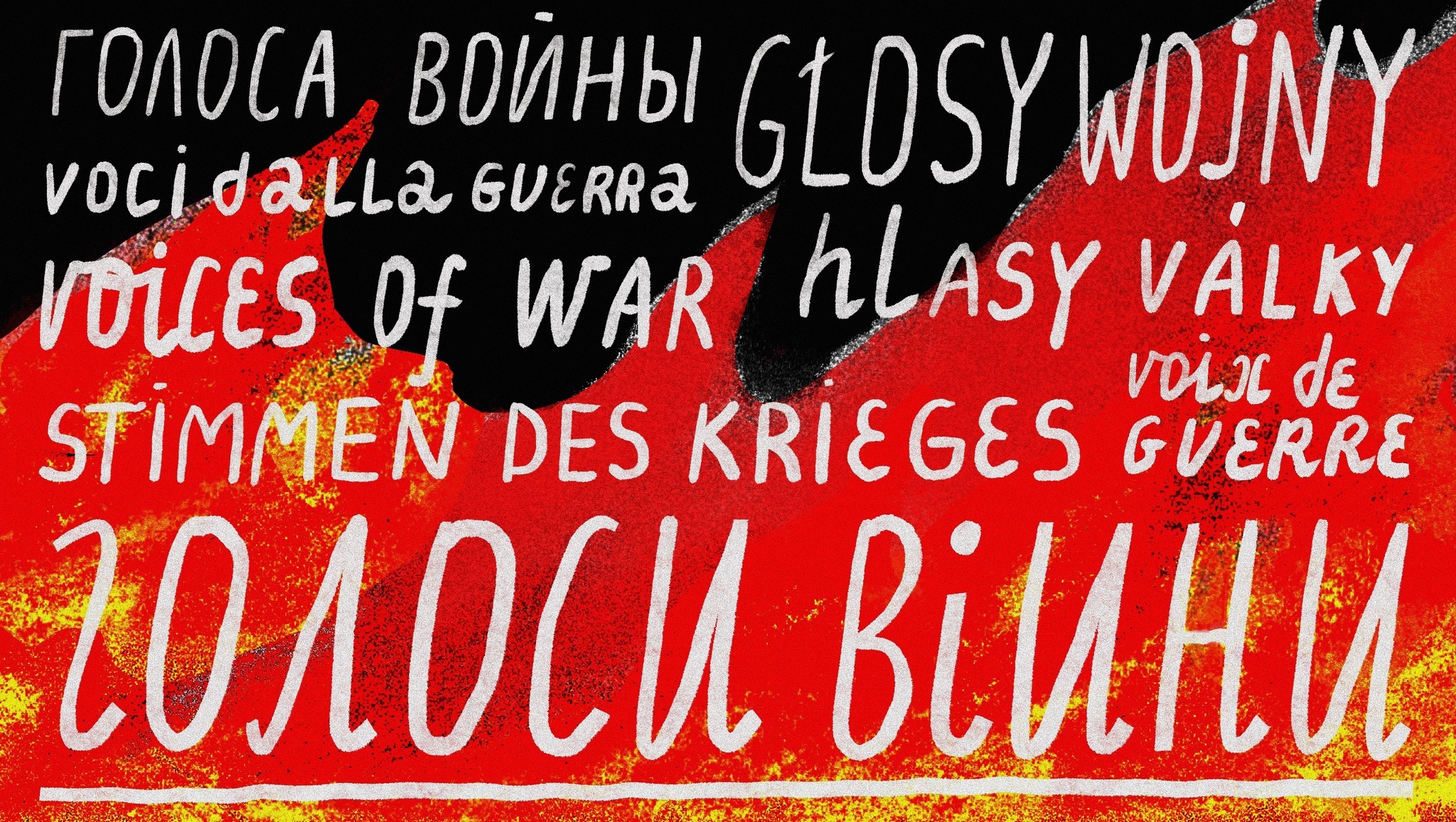In 2022, Russia strengthened its anti-LGBT legislation by expanding the ban on “gay propaganda” to encompass people of all ages. Dissemination of positive or even neutral information about the LGBTI community, as well as public display of non-traditional orientations, can result in significant fines. This law effectively imposes censorship on artistic expression, as films and other visual works presenting LGBT themes are now prohibited. The tightened “foreign agents law” has been actively used against both registered and unregistered associations and activists advocating for the rights of the LGBTIQ+ community in Russia.
In 2022, Russian courts imposed fines ìn amount of nearly two million rubles under the article concerning the dissemination of information related to LGBTQ to minors. Fourteen individuals, one legal entity, and one official were convicted by the courts. In July 2022, “Coming Out” published a study examining the impact of the 2013 law that banned the promotion of “non-traditional sexual relationships” on the lives of non-heterosexual and non-cisgender teenagers. The study revealed that the majority of LGBTQ+ teenagers lack access to information regarding gender and sexuality, experience feeling of isolation, fear seeking assistance, and lack support.
The situation of LGBT individuals in the North Caucasus can be described as disastrous. They lack effective mechanisms to protect their rights, and the only viable option to evade persecution and the constant threat of physical reprisals is to flee abroad and seek asylum. On May 5, 2023, the “Crisis Group SC SOS,” an organization providing assistance to LGBTQ+ individuals and their families who face life-threatening situations in the North Caucasus, was registered as a “foreign agent” due to “their activities deemed as promoting LGBTQ relationships, which are perceived as conflicting with the state’s policy of preserving and reinforcing traditional Russian spiritual and moral values”.
Since the beginning of the full-scale military invasion to Ukraine, Russian officials, politicians, and various public figures have consistently propagated xenophobia against the LGBTIQ community, labelling it as a “destructive LGBT ideology” that runs against “Russian and Orthodox values.” They perceive it as an integral part of Western countries’ strategy to undermine Russia. The Deputy A. Khinstein went as far as to claim that “LGBT is a weapon of hybrid warfare.” The patriarch of the Russian Orthodox Church, in a speech endorsing the Support for the People of Donbas (SWO) movement, expressed his support for “the struggle of the people of Donbas against gay pride.”
Implementation of the homophobic legislation: expansion of the “LGBT propaganda” ban to all ages and introduction of the “sex reassignment propaganda” ban
Throughout the summer and fall of 2022, deputies raced against time to submit their drafts of the law amendment to the State Duma. The proposed article aimed to hold adults accountable for the “propaganda of non-traditional sexual relationships.” On December 5, a new version of Article 6.21 of the Code on Administrative Offenses came into effect, now titled “Propaganda of non-traditional sexual relationships and/or preferences, sex reassignment.” This revision means the following:
“Propaganda of non-traditional sexual relationships and (or) preferences or gender reassignment, manifested through the dissemination of information and (or) the engagement in public actions with the intention of promoting non-traditional sexual attitudes, endorsing the appeal of non-traditional sexual relationships and (or) preferences or gender reassignment, or distorting the perception of social equality between traditional and non-traditional sexual relationships and (or) preferences. It also encompasses the imposition of information about non-traditional sexual relationships and (or) preferences.”
The amounts of fines as penalties have been revised, with individuals potentially facing fines of up to 400,000 rubles (6 000 euro), while organizations may be subject to fines of up to 5 million rubles (75 000 euro). In the case of foreign nationals, the punishment not only involves a fine but also includes expulsion from the Russian Federation.
While the bill was still under active discussion in the State Duma, several book publishers took pre-emptive measures and implemented self-censorship. This resulted in the withdrawal of books featuring LGBT characters from sale, and some authors were even encouraged to rewrite their stories by removing non-heteronormative characters. In Novosibirsk, a children’s performance of The Princess and the Ogre was cancelled, while a number of scenes from movies were censored on Russian streaming services.
Violence and pressure even in “closed” LGBTI+ communities
In February 2023, subsequent to the enactment of the broadened “propaganda” law, a significant incident occurred involving law enforcement. During a meeting of a support group for LGBT individuals at a community center of the Russian Far Eastern social movement “Mayak,” police and the E-Center conducted an unannounced search. It is worth noting that neither a search warrant nor a court order was presented by the law enforcement representatives. They justified their actions by referring to it as an “inspection” rather than a search. Following the search, the attendees were taken to the police station for questioning.
This incident is not an isolated case but rather a pattern of repressive actions. The police have previously conducted similar “inspections” during human rights and educational events across the country in their search for LGBT propaganda among minors.
Persecution of foreigners for “LGBTI+ propaganda”
Almost immediately after the adoption of the amended law, a number of cases emerged under the updated article. Among the first individuals prosecuted for “propaganda” were foreign nationals: a transgender sex worker from Kyrgyzstan (fined 100,000 rubles and expelled), a blogger Haoyan Xu (a Chinese citizen) who operates a YouTube channel with their partner discussing their relationship (arrested for 7 days and expelled), and a German citizen Alexander Roth, fined 150,000 rubles and expelled for “promoting information about non-traditional relationships and preferences” in personal correspondence on the LGBTIQ dating app Hornet.
Sexual orientation of a foreign citizen or stateless individual who identifies as LGBTIQ is now a ground for their expulsion from Russia, thereby exacerbating discrimination and potentially exposing them to criminal prosecution upon their return to their home country or the state they are being expelled to.
Persecution of Yan Dvorkin – defender of the rights of T-people
The newly enacted “propaganda law” in November, 2022 has introduced further challenges for transgender individuals by prohibiting dissemination of information that “promotes gender reassignment.”
Yan Dvorkin, a psychologist and head of the Center T initiative group for assisting transgender and non-binary individuals, has been fined 100,000 rubles for being engaged in “propaganda of non-traditional relationships and gender reassignment” on the internet among adults. This fine followed a complaint lodged by child welfare authorities, who regularly monitored well-being of his child with disabilities. An expert examination conducted by the Expert-Criminalistics Center of the Ministry of Internal Affairs discovered that Dvorkin’s publications contained “justifications of the naturalness of non-traditional sexual relationships,” which, in accordance with the Ministry of Internal Affairs, is deemed to be “propaganda of LGBT and sex reassignment.”
From Yan Dvorkin’s speech in court:
“I find the mere existence of Article 6.21, which applies to individuals whose sexual orientation and/or gender identity does not align with what the state considers ‘traditional,’ to be both outrageous and discriminatory. These individuals include homosexuals, bisexuals, and transgender persons. However, people with diverse orientations and gender identities have always existed across all nations, making their presence traditional for all societies.
Having a professional background in psychology, I would like to draw your attention to the fact that sexual orientation and gender identity are innate characteristics that are not subject to societal or individual influence or alteration. Discrimination against individuals on the basis of their sexual orientation, gender identity, race, nationality, religion, or physical characteristics can fuel xenophobia within society. Xenophobia can have profound psychological effects on both those who are targeted by it and those who propagate it, often motivated by a belief in the superiority of one group over another. It can contribute to increased violence within a country and negatively impact the mental health and well-being of all individuals involved.
Living a life where you have to conceal your true identity, censor your speech, and live in constant fear of being exposed is deeply harmful. Such a life is not something I would wish on anyone. That’s why it is of utmost importance to persist in protecting our rights. We will appeal the court decision. We’ll keep talking about what’s going on until the discrimination against people stops”.
“LGBTI propaganda” – any statement about LGBTI people that is not in a negative way
On April 19, 2023, the Ministry of Justice endorsed the propaganda guidelines that Roskomnadzor will employ to censor and take fines for online publications. These regulations are scheduled to come into effect on September 1, 2023. According to the order, any positive or neutral mention of LGBTQ+ individuals in the context of “promoting non-traditional sexual relationships over traditional ones” is deemed impermissible. Ksenia Mikhailova, a legal expert:
“According to Roskomnadzor, any online platforms that consistently publish information about queer individuals in a non-negative manner now fall under the criteria for propaganda. Roskomnadzor recognises this as an attempt to ‘generate an interest in non-traditional sexual relationships’ and promote a shift from a negative perspective to a positive one.”
On that same day, the Bolshoi Theatre removed the ballet performance “Nureyev” from its repertoire. This ballet had previously won three nominations at the prestigious 2019 Golden Mask Theatre Prize.
The Ministry of Justice plans to ban changing gender markers in passports
On April 24, 2023, Minister of Justice Chuichenko told the media that the Ministry plans to “legally exclude the possibility of sex change in passports and other documents” as one of the first steps to enshrine family values in Russian law. (You can follow the anti-trans legislative initiative here)
Tatiana, a lawyer at the Transgender Legal Aid Project:
“It is impossible to understand from Chuichenko’s speech whether we are discussing a complete ban on changing the gender marker in documents or, let’s say, a mere “medicalization” of this process, which would entail the introduction of obligatory surgical operations on genitals.”
Human rights defender Igor Kochetkov:
“Minister Chuichenko should be dismissed immediately for incompetence. He seems unaware that transgender people had their documents changed in the USSR, and this practice continues in some countries like Iran, even with its fundamentalist regime. Ensuring gender matching in official documents is crucial for individuals to fully exercise their rights and responsibilities. To grasp the implications of depriving transgender individuals of the ability to change their documents, one can simply imagine the impact if their own gender marker were abruptly altered.”
Yan Dvorkin, “Center T”:
If it becomes mandatory to undergo surgery in order to change gender markers on documents, several issues would arise:
- Many transgender individuals would be unable to change their documents due to health reasons, as surgery is not feasible or safe for everyone.
- The cost of surgeries presents a significant barrier for many transgender people who may not have the financial means to afford them.
- It’s important to recognize that not all transgender individuals desire or require surgery. Transgender identity is not synonymous with undergoing surgical procedures.
Transgenderism refers to the discrepancy between one’s gender identity and the sex assigned at birth, and it should be acknowledged as just that—no more, no less. The imposition of forced surgery is simply savage and inhumane.
Currently, there is no information available regarding the specific types of surgeries involved. However, there are significant concerns that these surgeries may result in sterilization, such as hysterectomy and orchiectomy. These procedures are generally rare because individuals can safely opt for hormone therapy without the need to remove hormone-producing organs. Hysterectomy is an extremely serious and complex operation, and personally, I don’t know anyone who has undergone it. It is cruel to compel individuals to undergo such surgeries, considering the potential severe health consequences they can entail.”









 Feedback
Feedback 